Oral health is not just about a bright smile and fresh breath; it plays a pivotal role in our well-being. Beyond the confines of our mouths, its impact reverberates throughout our bodies. Poor oral health can lead to systemic health issues, such as cardiovascular disease, diabetes, and respiratory problems, highlighting the interconnectedness of our body systems.
Furthermore, oral health influences our nutrition, as dental problems can hinder our ability to chew and digest food properly. This, in turn, affects our overall nutrition and energy levels.
Moreover, the psychological aspect should be considered. Dental issues can cause pain, discomfort, and insecurity, leading to mental stress and diminished quality of life. In this blog, we will explore these links, underscoring the importance of oral health in the broader context of our well-being.
Oral Health and Physical Health
Cardiovascular Disease:
It might surprise you that there’s a link between your oral health and the health of your heart. Inadequate oral health, notably gum disease, has been associated with a heightened risk of cardiovascular disease. The bacteria in your mouth can enter your bloodstream and contribute to plaque buildup in your arteries, potentially leading to heart disease. And there comes the role of a Dentist in Thornton.
Supporting Research and Statistics:
According to a study published in the American Heart Association journal, people with gum disease have a higher risk of suffering from atherosclerosis, a major factor in heart disease.
Diabetes:
The connection between oral health and diabetes works both ways. Uncontrolled diabetes can lead to oral health issues, such as gum disease, while gum disease can make it harder to control blood sugar levels.
Supporting Research and Statistics:
Studies indicate that individuals with diabetes have a higher susceptibility to gum disease. Additionally, controlling gum disease can help manage diabetes more effectively.
Respiratory Infections:
This can increase the risk of respiratory infections like pneumonia. The bacteria in your mouth can be aspirated into the lungs, causing infections.
Supporting Research and Statistics:
Studies suggest that oral bacteria may be a contributing factor in the development of respiratory infections, particularly in elderly individuals and those with compromised immune systems.
Oral Health and Mental Health
Impact on Self-esteem and Confidence:
A healthy smile can boost your self-esteem and confidence, while dental problems can do the opposite. Your smile is a vital component of your self-image and how you present yourself to the world.
The connection between Oral Health and Depression/Anxiety:
Research has shown that individuals with poor dental health are more likely to experience symptoms of depression and anxiety. The stigma and self-consciousness associated with dental issues can contribute to these mental health challenges.
Share Relevant Studies and Findings:
A study published in the Journal of Periodontology revealed a link between periodontal (gum) disease and increased symptoms of depression.
Oral Health and Nutrition
Affect on Diet and Overall Health:
Dental problems, such as missing or painful teeth, can significantly impact your diet. It can lead to difficulties in chewing and swallowing, limiting your ability to consume a balanced diet.
Examples and Evidence:
A study in the Journal of Clinical Periodontology found that individuals with severe periodontal disease have a higher risk of inadequate nutrient intake, which can lead to various health issues.
Dental and Quality of Life
Impact on Social Interactions and Relationships:
A beautiful, healthy smile can boost your confidence and make you more socially engaged. On the contrary, dental issues may cause social withdrawal, decreasing quality of life.
Personal Stories and Testimonials:
Countless individuals have shared their personal experiences of improving their oral health, positively affecting their social interactions, relationships, and overall happiness.
Social Media and Real-life Anecdotes:
In the age of social media, there’s a plethora of real-life stories and testimonials highlighting the transformative power of a healthy smile. These narratives provide insight into the deeply personal and emotional aspects of oral health.
This is a crucial component of well-being that should never be underestimated. It plays a significant role in our physical health, mental state, nutritional intake, and quality of life. The interconnection between oral health and our general well-being is an essential consideration for living a healthier and more contented life.
Caring for our dental health extends beyond regular dental check-ups and hygiene practices. It also encompasses the emotional and psychological aspects associated with our smiles. A beautiful, healthy smile can boost self-confidence and positively impact our mental well-being. Moreover, good oral health enables us to enjoy a diverse and nutritious diet, as oral pain or dental issues can restrict food choices and impact our nutritional intake.
Understanding the profound relationship between dental health and overall well-being empowers us to take meaningful steps toward a healthier and more fulfilling life. It highlights the importance of regular dental care, a balanced diet, and stress management for our smiles and, by extension, our well-being.
So, remember that your smile isn’t just a superficial gesture; it reflects your well-being and is a key to a happier, healthier life. Prioritizing oral health is not only an investment in your teeth but in your overall quality of life. Embrace the connection between oral health and well-being, and let your smile be a testament to your thriving life.



